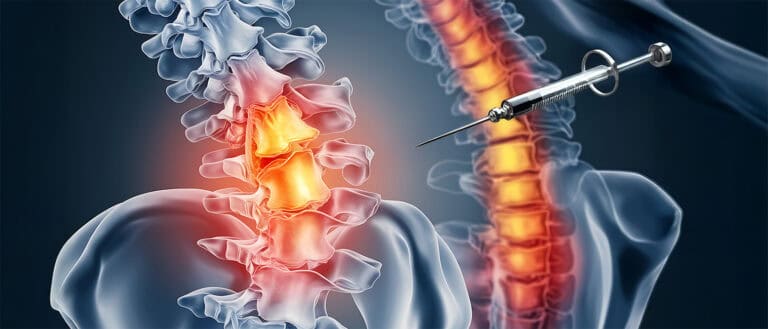
Sterile manufacturing got complicated. Isolator-based fill-finish is why.
Since the 1970’s, aseptic fill-finish has undergone multiple shifts from manual, sponsor-led operations in laminar airflow cleanrooms to highly specialized, isolator-based manufacturing. In the Trailblazers


